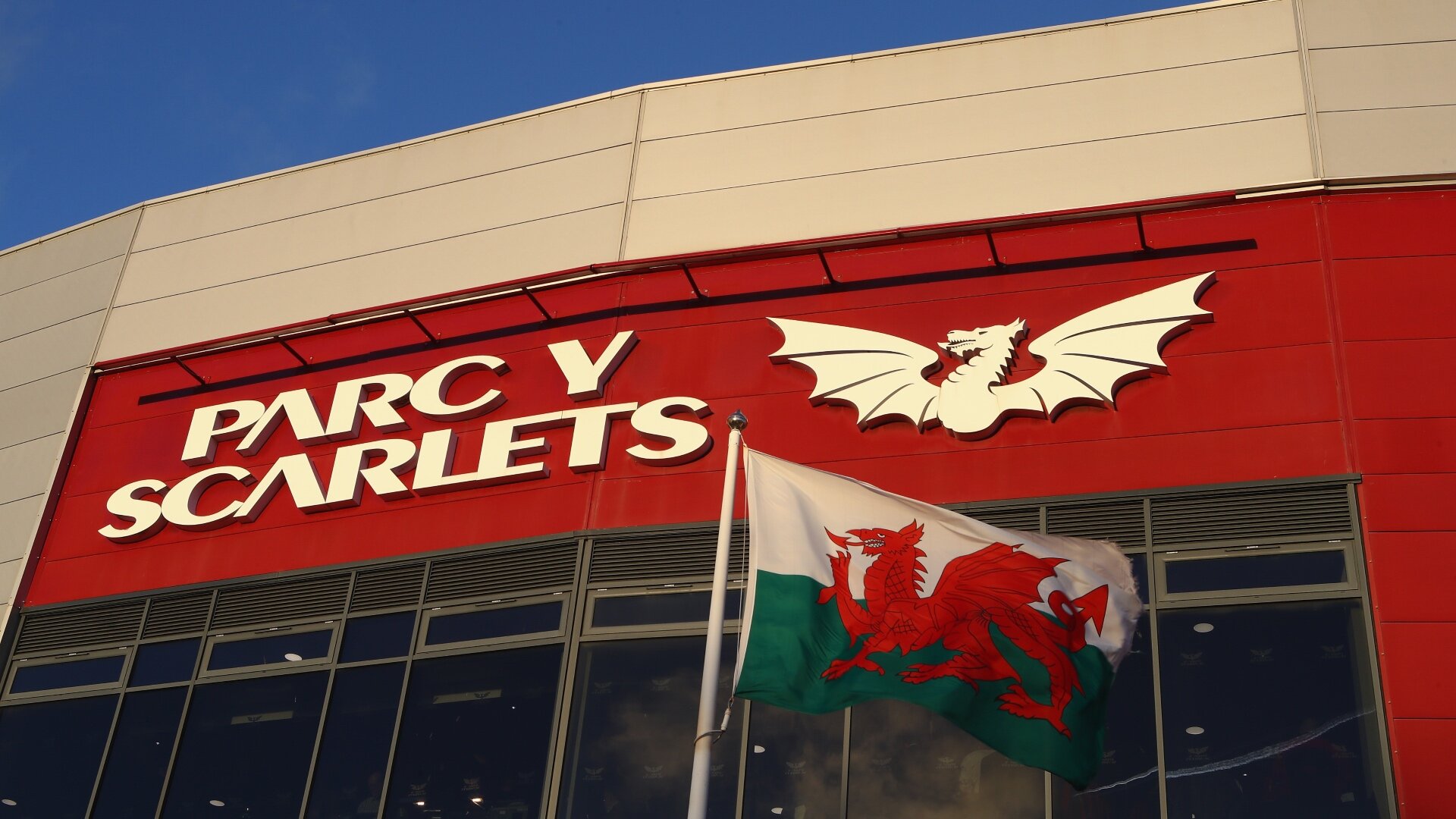Scarlets insist they are 'pleased' despite increase in their annual financial debt

Scarlets are claiming an increased financial loss is nothing to worry about after the Welsh region’s future was guaranteed last month for the 2019/20 season.
The 2017 PRO12 league winners had been in line for a potential merger with nearby rivals Ospreys until the Professional Rugby Board, who govern the regional game in Wales, agreed to continue with the current four-team structure for next season.
Scarlets’ financial issues were laid bare in accounts for the year ending June 2018, the club posting an increased loss of £643,035 that was up from the £603,817 loss recorded the previous year.
However, Scarlets chief operating officer Philip Morgan has told BBC Sport Wales that there is nothing for supporters to worry about.
“We are pleased with the results, which are as planned,” he said. “We have invested heavily in the playing squad, have posted record attendances and record sponsorship, while hospitality has sold out for most of the season. We are very happy with where we are.”
? Scarlets fans – what do you make of their financial status?
? https://t.co/OmU71p2L5M pic.twitter.com/PZ7nnH2ZuP
— BBC Sport Wales (@BBCSportWales) April 5, 2019
According to a report from the chairman Nigel Short contained in the accounts, Scarlets increased their business revenue by 30 percent year on year, all of which was “reinvested into rugby”.
Scarlets, thoug, owe £2.6million to Carmarthenshire County Council, while Short and his fellow benefactors Huw Evans, Glan Wise, Philip Davies and Tim Griffiths wrote off more than £8m of debt for the region whose short-term future was safeguarded by the PRB March 20 announcement concerning next season.
A new Professional Rugby Agreement (PRA) was signed by all five parties, including the WRU, and had come into effect to govern the operational relationship of its signatories going forward.
Work on the PRA had began early – the old Rugby Services Agreement did not expire until June 2020 – but it led to a doubling in direct funding by the WRU from approximately £10m to approximately £20m per annum over the last two seasons, excluding competition income.
This was in addition to the vital ongoing financial support locally from shareholders and benefactors.











































